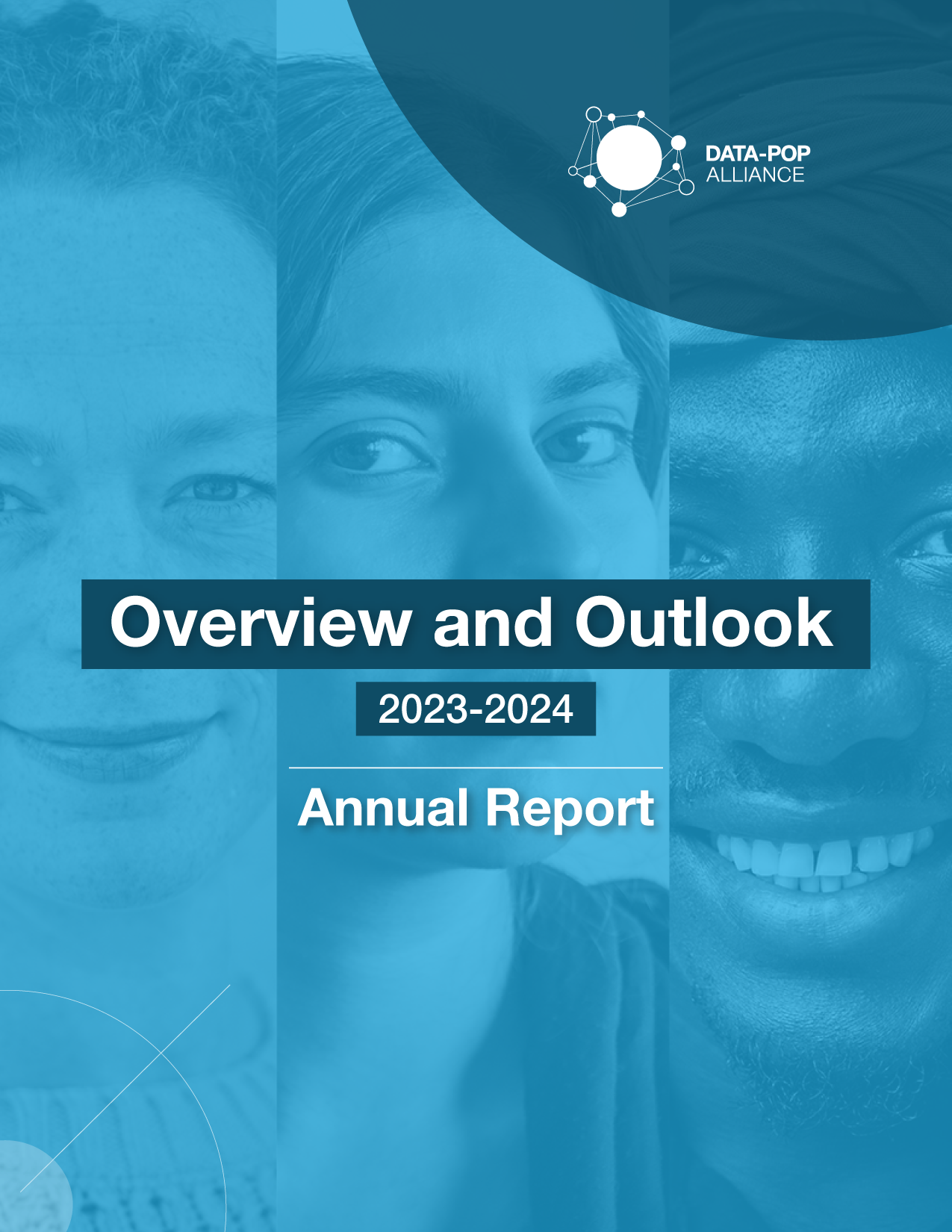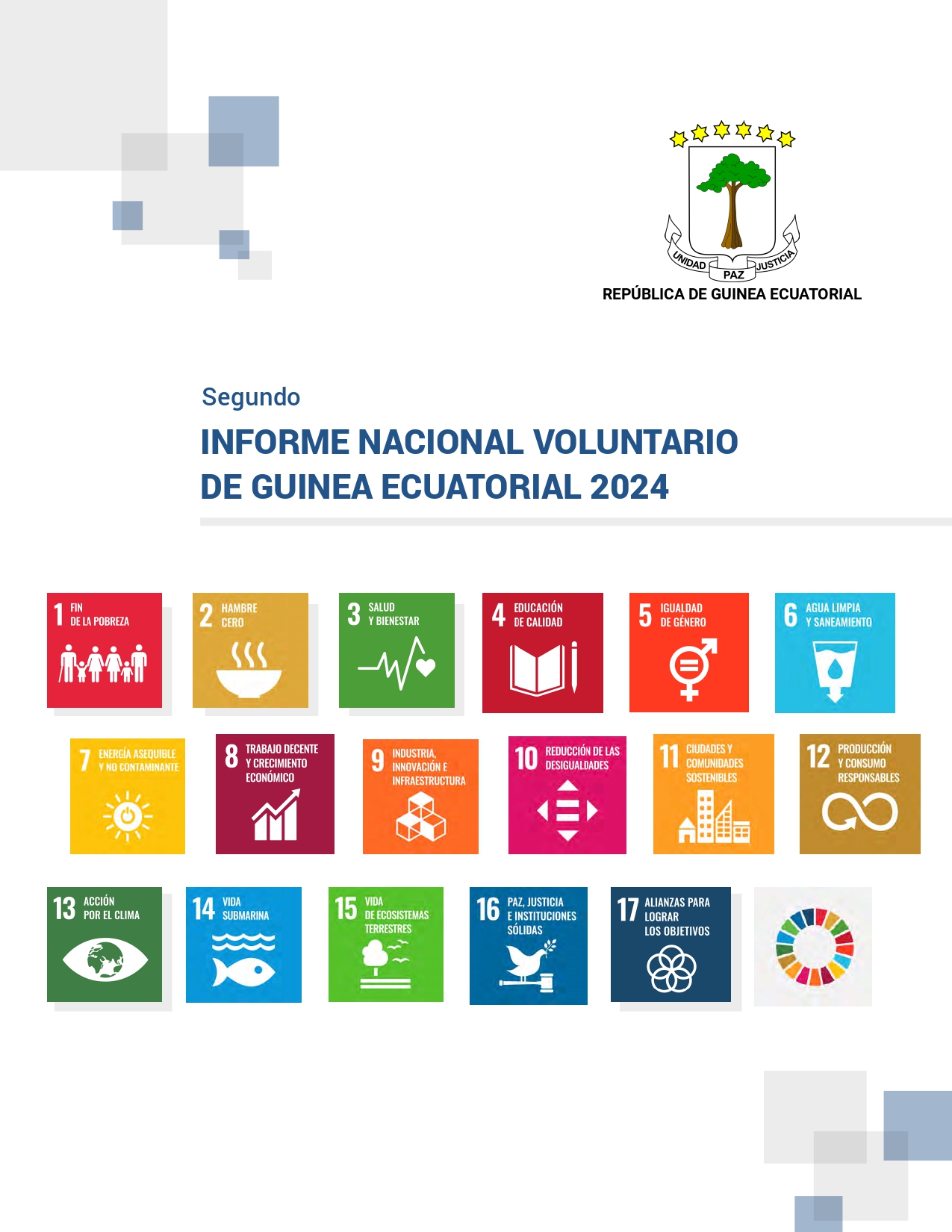LINKS WE LIKE #17
As a data-driven organization, we dwell in the techno-scientific world, leveraging research, capacity building and community engagement around topics such as machine learning and AI to drive a people-centered Big Data revolution. Although sustainable development is one of the main drivers of our work, we know how large the environmental footprint of technology can be. Technology has the potential to drive innovations that target pollution, greenhouse gases, and overall quality of life, but it is also, undoubtedly, a cause of the problem.
Promoting technological diversity and long-term innovation seems to be a priority in order to ensure sustainable development. In this week’s Links We Like we feature articles that target the sustainability vs. technology debate – are we caught in the cycle of using technology to mitigate the problems we cause with our prior increase in technological knowledge?
Mike Orcutt from MIT Technology Review explains that, despite the World Economic Forum’s hope on how blockchains, and distributed ledger technology (DLT) in general, can help heal the world, DLT poses a sustainability challenge in and of itself. According to Orcutt “many energy experts are convinced that blockchain technology has the potential to touch off a fundamental transformation of modern energy grids”, but powering blockchain networks use massive amounts of electricity. In 2014 alone, U.S. data centers consumed 70 billion kilowatt-hours of electricity, enough to power 6.4 million average American homes. This consumption, however, is still relatively low compared to other industries. For more information on peer-to-peer energy trading, and making the electric grid smarter through blockchain, click here.
Green-tech is not necessarily sustainable
A green-tech future is envisioned as one where consumers and producers figure as stewards of sustainability merely by engaging in the market. As so, with green-tech, the technology sector is poised for green growth. “Why the green-tech future is flawed” confronts individual’s consumption patterns and technologies, even when considered “green,” with what author Samuel Alexander claims is an irreversible ecological footprint. Changing purchasing patterns is not enough. It requires both changing behaviors, particularly reducing demand, alongside better technologies.
Further Afield
Dive deeper into the sustainable and technology debate:
Interested in learning more?
Sign up for our newsletter here.


